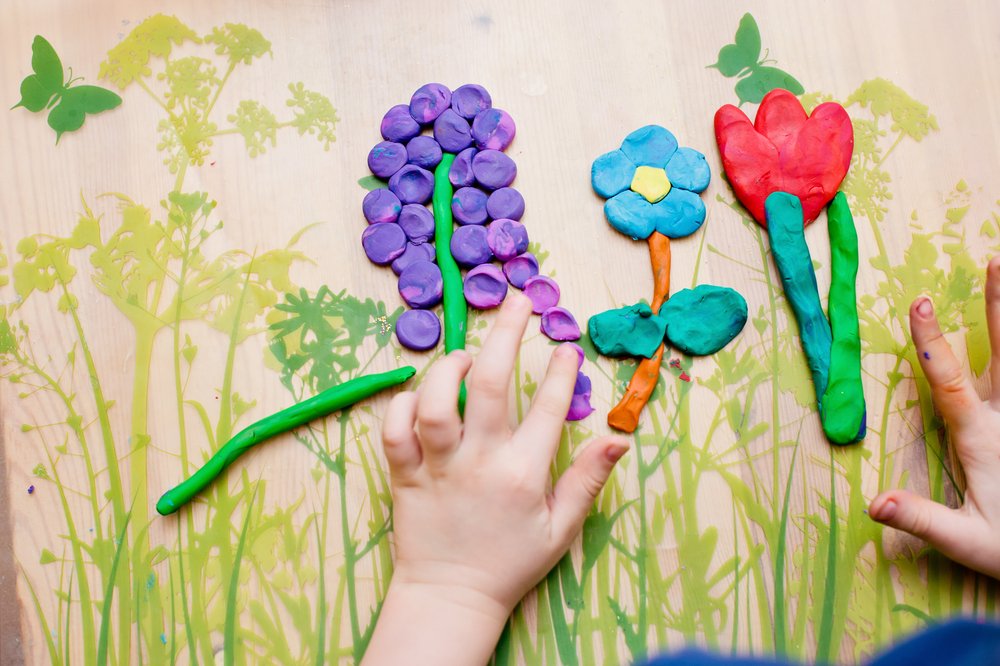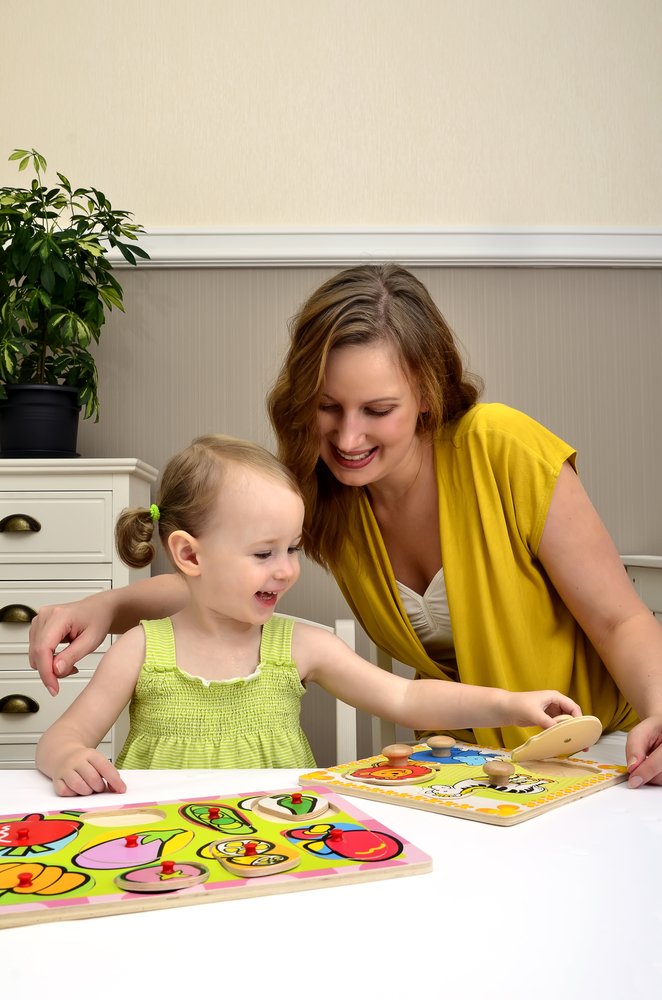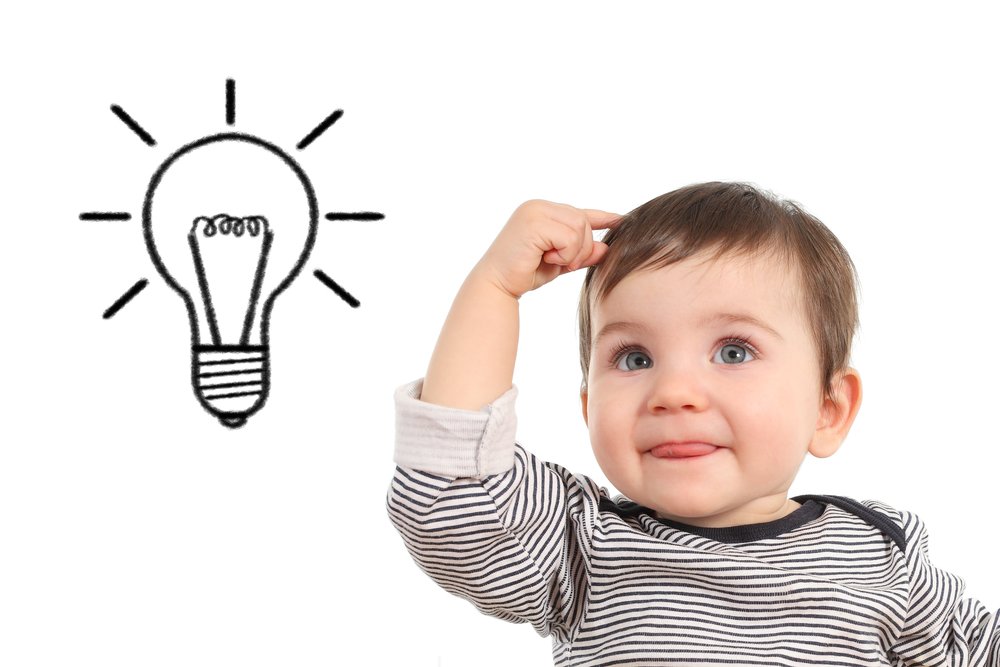
Why does your child imitate you?
Key points: Imitation plays a crucial role in a child’s socio-emotional development, influencing their habits, expressions, points of view, word…
[cat_cust_menu]

Key points: Imitation plays a crucial role in a child’s socio-emotional development, influencing their habits, expressions, points of view, word…

Key points: As children grow, their play styles transition from solo play to more interactive and cooperative play with peers….

Key points:1. Music positively impacts brain development and learning motivation.2. Music enhances memory and cognitive functions in children.3. Musical activities…

Key points:1. Music contributes to creating brain connections, enhancing cognitive development and communication skills in children.2. Music affects memory retrieval…

Key points:1. Scaffolding is a learning process in which adults provide support to children’s development, helping them connect existing knowledge…

Key points:1. Children understand concepts like big and small and start grasping numbers and spatial prepositions.2. Gestures play a role…

Key points:1. Babies start communicating through gestures around 5 months.2. Gestures facilitate learning by regulating children’s attention and providing conceptual…

Key points: Mathematical concepts in young children develop through their daily play experiences. Around age two, children start distinguishing between…

Key points: Hand preference or dominance emerges between 2 and 4 years of age in most children. Hand preference stabilizes…

Key points: Children of all ages face problems and challenges. Teaching problem-solving involves four roles: observer, supporter, facilitator, and model….

Key points: Analogical reasoning is an advanced skill essential for human thinking. Children develop analogical reasoning through knowledge and executive…

Key points:1. Preschoolers, at around 3-4 years old, are highly curious and eager to understand how things work.2. Encouraging children…

Key points:1. Answering a child’s questions fosters cognitive development, stimulating reasoning and problem-solving skills.2. Cognitive skills develop between 36 and…

Key points:1. Infants rapidly absorb information about their world by 12 months.2. Around ages 3-4, children start understanding specific object…

Key Points: Cognitive flexibility is the ability to adapt based on new information. It develops between 3 and 4 years…

Key points: Young children have a natural inclination towards discovery and exploration, and parents can foster this by providing easy…
Subscribe to our newsletter and join Kinedu’s community